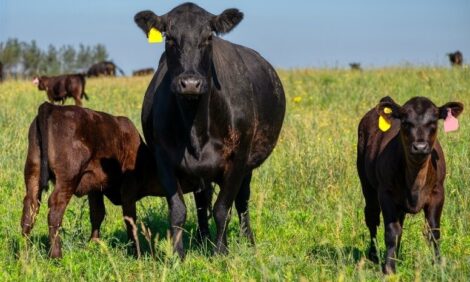



RSCPA Calls for Sale Yard Phase Out
AUSTRALIA - Concerns in the sale yard sector are arising about criticism coming from welfare groups which could be heightened due to revelations that some Queensland farmers are turning to deadweight trade, reports ABC Rural.The body representing saleyards owners and operators says it's very concerned about calls for a phase-out of saleyards. This is accompanied by further threats from north Queensland producers who are choosing to reduce their reliance on the live export trade.
According to ABC Rural the RSPCA have said that it wants to stop selling at saleyards, saying animals are loaded and unloaded too often and that's a stressful process.
Instead, the RSPCA says stock should be sold directly to abattoirs.
Tony White, from the Australian Livestock Markets Association, says that's not possible and saleyards are essential to the cattle industry.
"We see the saleyards as having an integral place in the marketing of livestock, particularly for smaller producers, but a lot of larger producers use the saleyards to trade both slaughter and store stock," he said.
"We're most disappointed about them coming out and making this statement that cattle should not be consigned to saleyards."
The effects of RSPCA criticism have been exaccerbated by Indonesian authorities indicating they will be reducing the amount of permits to import cattle from Australia by nearly 50,000 head compared to this 2012.
Livestock agent from Julia Creek in north west Queensland, Bram Pollack says some people are purchasing property in central Queensland.
"For the Penninsula and Gulf regions of Queensland (for larger land holders), people are looking at purchasing fattening properties further south to send their younger cattle to grow into bullocks."
Stock and station agent Darren Perkins, from George and Fuhrmann at Casino in northern New South Wales, says if the saleyards were shut down the business would have to be restructured.
"We have a staff of about 45 people, we've got three or four businesses, it would be devastating for our business," he said.
"We also donate a lot of money to charities and do a lot of work for charities and so it has an ongoing flow all the way through."
TheCattleSite News Desk


